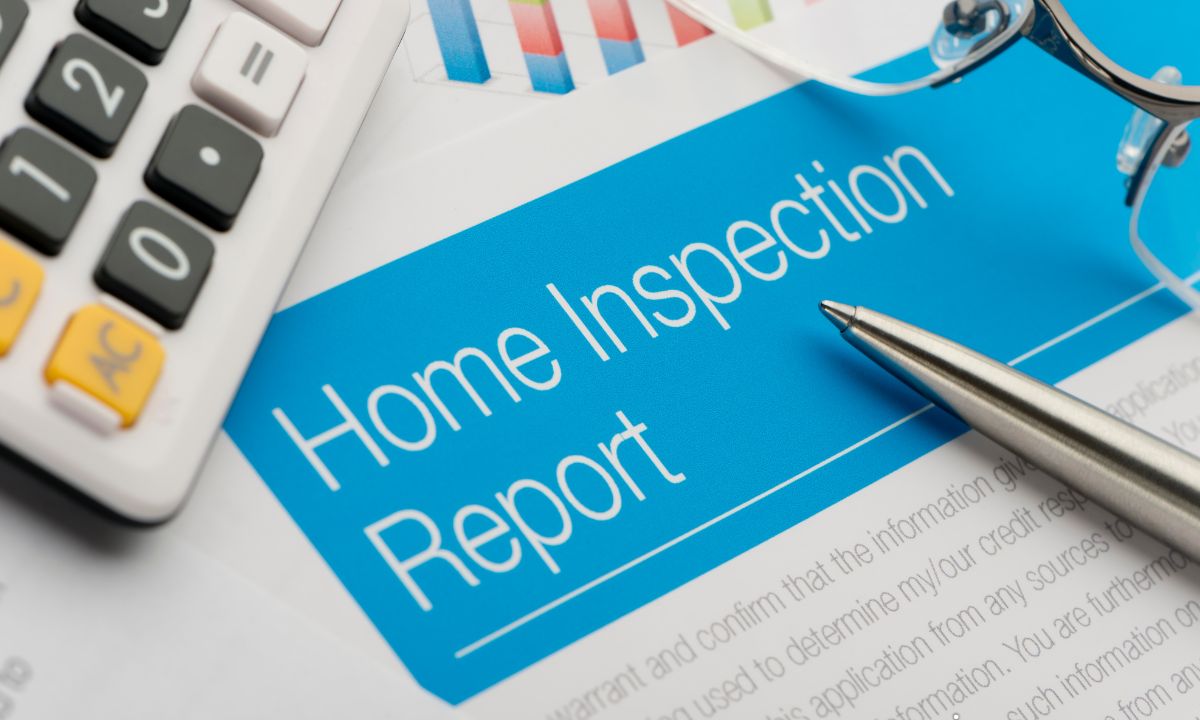 Join us as we navigate through the common queries that may emerge throughout your mortgage journey. Remember, your quest for homeownership should be illuminated with comprehension and direction. Let’s discuss the primary 4 mortgage inquiries and decode the secrets to unlocking the gateway to your ideal home.
Join us as we navigate through the common queries that may emerge throughout your mortgage journey. Remember, your quest for homeownership should be illuminated with comprehension and direction. Let’s discuss the primary 4 mortgage inquiries and decode the secrets to unlocking the gateway to your ideal home.
What Sets Fixed-Rate Mortgages Apart from Adjustable-Rate Mortgages (ARMs)?
A fixed-rate mortgage boasts a steady interest rate over the loan period, ensuring consistency in monthly payments. Conversely, an adjustable-rate mortgage (ARM) features a fluctuating interest rate that may shift periodically. While ARMs often commence with lower rates, they can escalate, potentially impacting monthly payments. The choice between them hinges on your inclination towards stability or adaptability to market fluctuations.
How Much Down Payment is Necessary for Home Purchase?
The ideal down payment varies but typically hovers around 20% of the home’s purchase price. Nevertheless, alternatives with lower down payments exist, such as FHA loans requiring down payments as low as 3.5%. A larger down payment frequently translates to more favorable interest rates, yet it’s crucial to strike a balance aligned with your financial circumstances.
Is Prepaying My Mortgage an Option?
Absolutely, most mortgages permit prepayment. Channeling additional payments towards your mortgage principal aids in diminishing the overall interest accrued and shortening the loan duration. Nonetheless, it’s imperative to consult your lender regarding any prepayment penalties or constraints. Certain loans may entail specific terms or conditions concerning prepayments, hence comprehending these particulars empowers you to make prudent financial choices.
What Constitutes Private Mortgage Insurance (PMI), and When is it Mandatory?
Private Mortgage Insurance (PMI) is typically mandated when the down payment falls below 20%. It serves to safeguard the lender in the event of borrower default. Once the equity in the home attains 20%, borrowers may potentially request the elimination of PMI. Certain loans, like FHA loans, adhere to distinct regulations about mortgage insurance, underscoring the importance of acquainting oneself with the specific requisites associated with your loan.
While these FAQs shed light on fundamental mortgage facets, individual circumstances may diverge. It’s advisable to seek counsel from a mortgage expert for tailored guidance suited to your distinct scenario.
 So, you’ve found your dream home, made an offer, and had the home inspection done. But wait—what happens next? For many homebuyers, negotiating repairs after a home inspection can be a daunting task. However, with the right approach and some negotiation skills, you can ensure that your new home is in tip-top shape without breaking the bank.
So, you’ve found your dream home, made an offer, and had the home inspection done. But wait—what happens next? For many homebuyers, negotiating repairs after a home inspection can be a daunting task. However, with the right approach and some negotiation skills, you can ensure that your new home is in tip-top shape without breaking the bank. So, you’ve decided to take the plunge into homeownership – congratulations! One of the most critical aspects of buying a home is figuring out your down payment. It’s a significant financial commitment that can shape your home-buying journey. But fear not! There are various down payment options available to suit different financial situations and goals. Let’s explore them together.
So, you’ve decided to take the plunge into homeownership – congratulations! One of the most critical aspects of buying a home is figuring out your down payment. It’s a significant financial commitment that can shape your home-buying journey. But fear not! There are various down payment options available to suit different financial situations and goals. Let’s explore them together. When you’re in the market for a new home, you’re not just buying a piece of property. You’re investing in a community, its amenities, and its future. One of the most significant factors influencing property values is the quality of nearby schools. Whether you have school-aged children or not, the impact of schools on property values is undeniable. Let’s delve into how schools influence property values and what it means for prospective homebuyers.
When you’re in the market for a new home, you’re not just buying a piece of property. You’re investing in a community, its amenities, and its future. One of the most significant factors influencing property values is the quality of nearby schools. Whether you have school-aged children or not, the impact of schools on property values is undeniable. Let’s delve into how schools influence property values and what it means for prospective homebuyers. Foreclosed properties can be diamonds in the rough for savvy homebuyers and investors alike. These distressed properties often come at discounted prices, presenting an opportunity to snag a great deal. However, navigating the process of buying a foreclosed property can be tricky and requires careful consideration. To help you make the most of this opportunity, here are some insider tips to keep in mind:
Foreclosed properties can be diamonds in the rough for savvy homebuyers and investors alike. These distressed properties often come at discounted prices, presenting an opportunity to snag a great deal. However, navigating the process of buying a foreclosed property can be tricky and requires careful consideration. To help you make the most of this opportunity, here are some insider tips to keep in mind: While watching shows like Property Brothers, Flip or Flop, Fixer to Fabulous, Fix My Flip and Fixer Upper may paint a rosy picture of buying a remodeled home, the reality often differs significantly. While these shows depict smooth transformations and stunning results, real-life experiences with remodeled homes can be far more complex and challenging.
While watching shows like Property Brothers, Flip or Flop, Fixer to Fabulous, Fix My Flip and Fixer Upper may paint a rosy picture of buying a remodeled home, the reality often differs significantly. While these shows depict smooth transformations and stunning results, real-life experiences with remodeled homes can be far more complex and challenging.